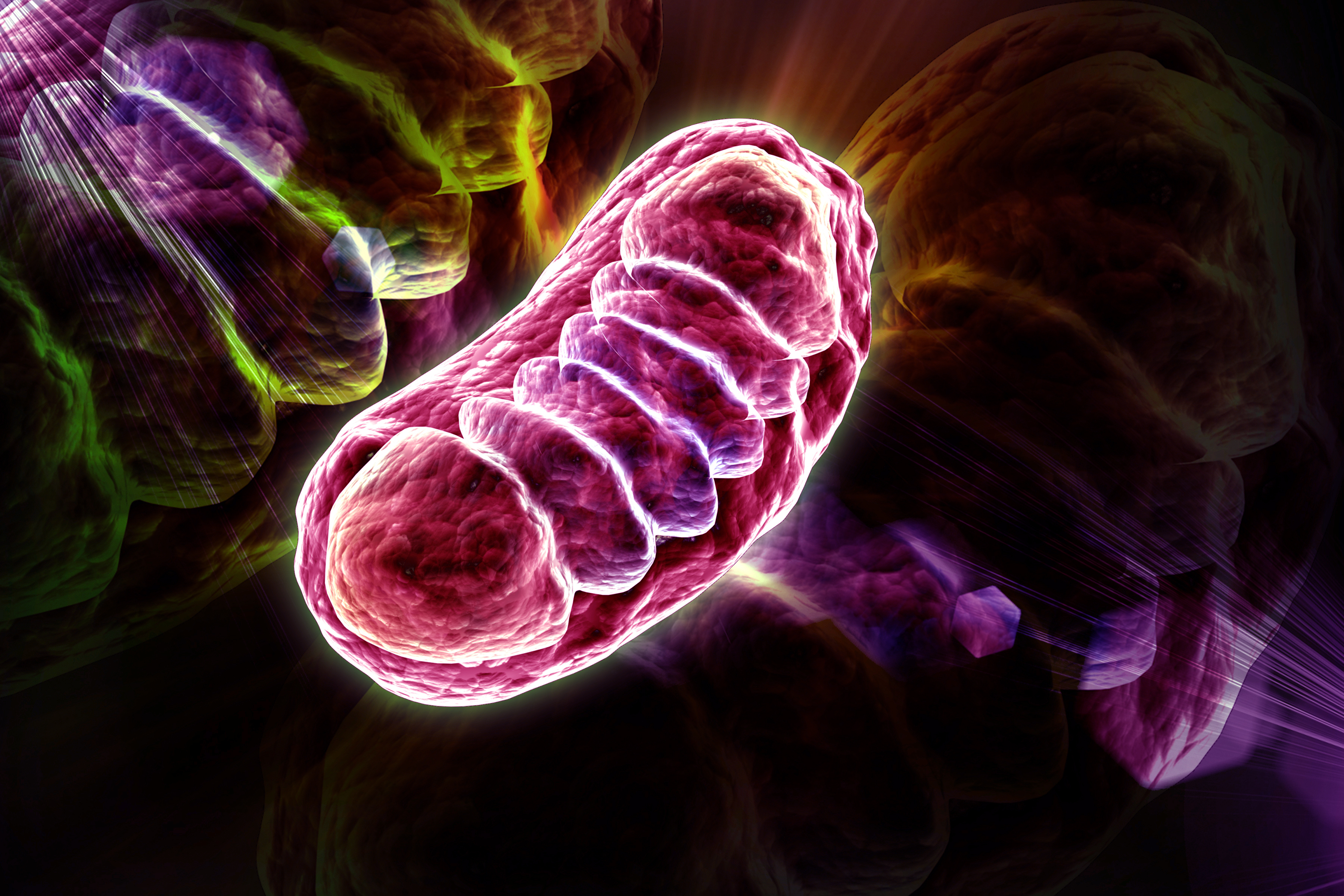Rare Inherited Parkinson’s Disease Appears Linked to Autoimmune Mechanisms

A discovery demonstrating that two Parkinson’s disease risk genes produce proteins preventing the immune system from attacking brain cells makes inherited Parkinson’s cases new candidates for autoimmune diseases.
In addition to giving researchers new leads in the search for drugs that might postpone or prevent the disease, the findings might also offer insights into disease processes in other autoimmune diseases sharing similar molecular mechanisms.
Individuals with mutations in the two investigated genes, called PINK1 and Parkin, tend to get Parkinson’s disease at earlier ages compared to sporadic cases, but researchers have not known what function the two genes play.
In a joint effort by researchers from the University of Montreal and McGill University in Canada, scientists used mice that lacked the two genes to study how their absence can lead to disease.
The study, “Parkinson’s Disease-Related Proteins PINK1 and Parkin Repress Mitochondrial Antigen Presentation,” recently published in the journal Cell, noted that when the proteins produced by the genes were absent, the immune system turned on the body’s own cells.
The genes turned out to be involved in a process called antigen presentation, where bits and pieces of microbes or other foreign matter, called antigens, are showcased on the surface of cells that have consumed them to alert the immune system of their presence. In autoimmune diseases, the process is flawed, and bodily structures are displayed and targeted.
There is a consensus among many Parkinson’s researchers that dysfunctional mitochondria — cell components acting as powerhouses, producing energy from nutrients — are contributing to the death of dopamine-containing nerve cells in Parkinson’s disease. The theory states that broken mitochondria create toxic waste that ultimately kill nerve cells, but the hypothesis has been difficult to prove in animal models of Parkinson’s.
The new study confirmed that mitochondria might be involved in processes leading to disease, but in a different way than previously thought.
When mitochondria get damaged, they are usually taken care of by cellular systems that take them apart in a way that minimizes leakage of toxic substances to the surroundings. PINK1 and Parkin sit on the surface of mitochondria, and when they are intact, they prevent a damaged mitochondrion to be displayed on the surface of immune cells.
When the two proteins were absent, a newly described cellular machinery kicked in, taking parts of the mitochondria to showcase as antigens, triggering an immune attack against cells carrying the fragments. Since other studies have shown that this process is present in dopamine neurons, the research team believes this immune mechanism might be what kills dopamine neurons in Parkinson’s patients.
“Clinicians have shown that the immune system is activated in the brain of Parkinson’s disease patients. Our study explains how an attack by the immune system may be responsible for the destruction of dopaminergic neurons during the disease,” Dr. Diana Matheoud, first author of the study, said in a press release, adding that the team is now looking at whether such autoimmune mechanisms do kill dopamine neurons in mice. So far, this is only a theory.
Prof. Jon Stoessl, head of neurology at the University of British Columbia and Vancouver Coastal Health, and former director of the Pacific Parkinson’s Research Centre, who was not involved in the study, emphasized the novelty of the findings but also cautioned against a too-general interpretation.
“It should be remembered that these are rare causes of Parkinson’s disease and the relevance to dominantly inherited and sporadic forms of disease remains to be determined,” he said.






